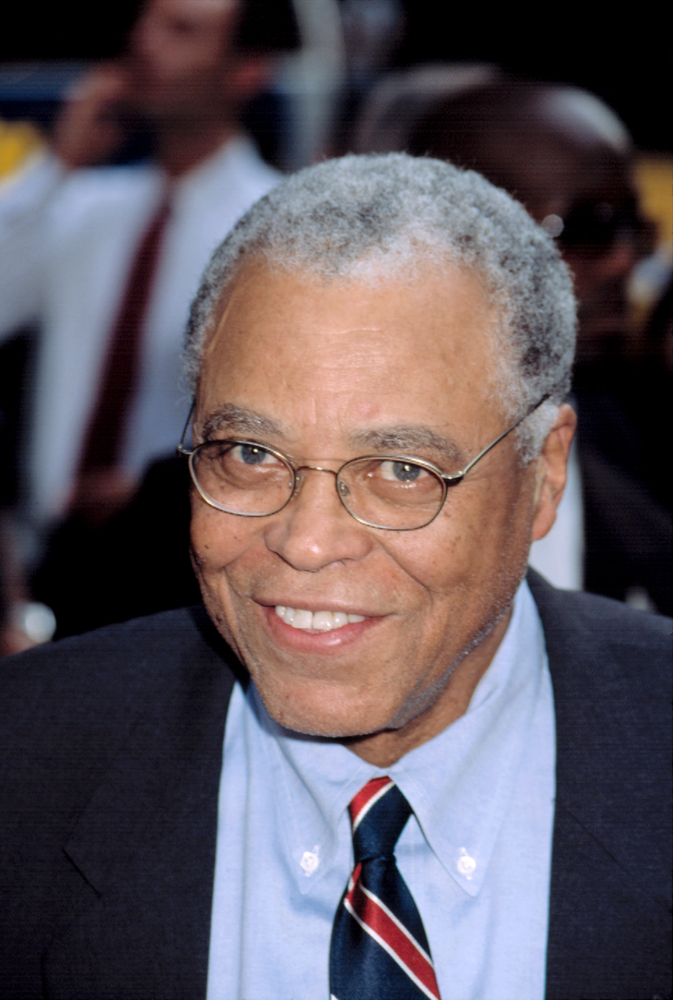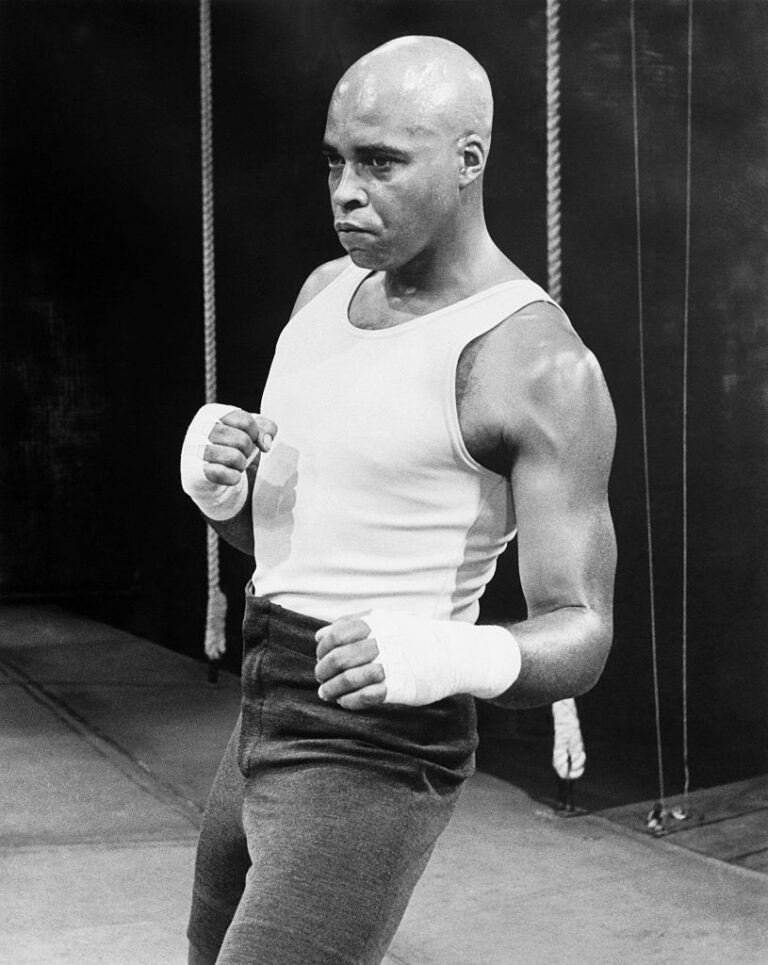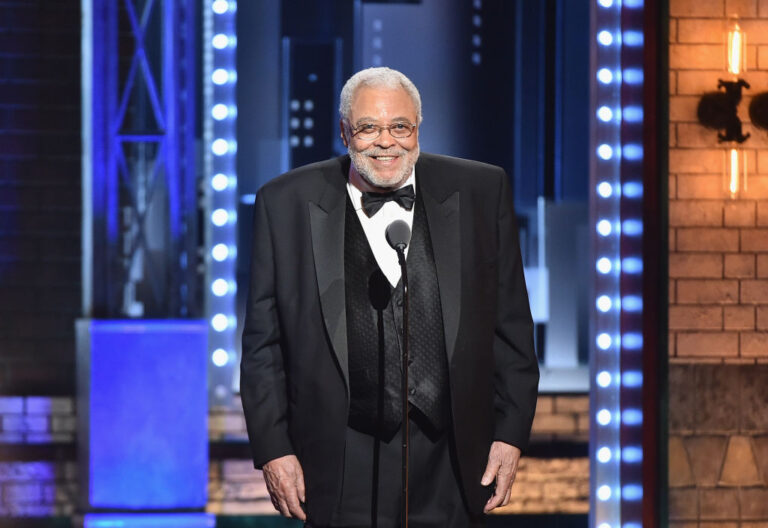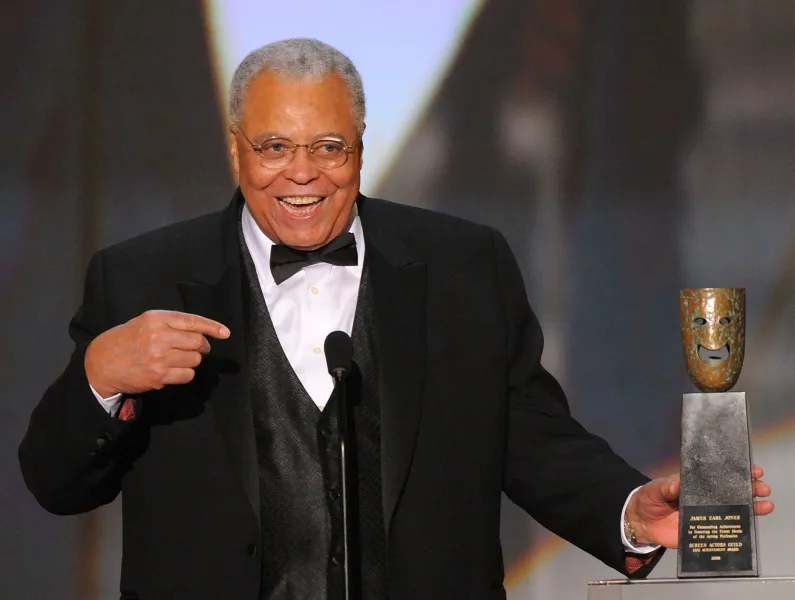
James Earl Jones, the beloved stage and screen actor who lent his iconic, deep voice to Darth Vader in Star Wars and Mufasa in The Lion King, has died at 93.
Regarded as one of the best actors of his generation, Jones’ career spanned Shakespeare to Hollywood hits. He is one of the few actors to have won an Emmy, Grammy, Oscar, Tony Award.
The actor’s death was reported by Deadline, via his representatives at Independent Artist Group.
James Earl Jones was born January 17, 1931 in Arkabutla, Mississippi and raised by his grandparents in Dublin, Michigan. While he would later become one of the most famous voices in the world, he says he suffered from a stutter in his youth.

“I was a stutterer. I couldn’t talk,” Jones recalled in a 1996 interview. “So my first year of school was my first mute year, and then those mute years continued until I got to high school.” A teacher encouraged him to overcome his stutter by reading poetry aloud.
Jones served in the US Army during the Korean War, and after decided to pursue a career in acting. He studied at the American Theatre Wing, working as a janitor to support himself. By the 1960s, Jones was establishing himself as one of his generation’s great Shakespearean actors, playing roles like Othello and King Lear. He also made his film debut in Stanley Kubrick’s classic 1964 comedy Dr. Strangelove, as bombadier Lt. Lothar Zogg.

In 1967, he played a boxer in The Great White Hope, winning the Tony Award for Best Actor in a Play. He reprised the role in the 1970 film version, receiving his first Academy Award nomination.
Amidst all his acclaimed acting work, Jones soon landed his most well-known and iconic role — one where he didn’t even have to appear on set: voicing the villainous Darth Vader in Star Wars. While Vader was played in costume by David Prowse, Jones dubbed over the lines with his own deep bass voice, helping to create one of the most famous characters in movie history.
While Jones originally opted to go uncredited for the role, it has become perhaps his most famous performance. He continued to voice Vader for decades, in the two sequels The Empire Strikes Back and Return of the Jedi, the prequel Revenge of the Sith and the spin-off Rogue One. In 2022, Jones retired from the role, but signed an agreement for his voice to be used in future projects using artificial intelligence and archive recordings.

Jones also provided the voice of another beloved movie character, Mufasa in the 1994 Disney film The Lion King. Jones later reprised the role in the 2019 remake.
Throughout the ’80s and ’90s, Jones appeared in many Hollywood films, including Conan the Barbarian, Coming to America, Field of Dreams, and The Hunt for Red October, Patriot Games and The Sandlot. He also won his second Tony Award, starring in the original production of August Wilson’s Fences.
He received eight Emmy Award nominations for his television work, winning twice in 1991: Outstanding Supporting Actor in a Limited Series or Movie for Heat Wave and Outstanding Lead Actor in a Drama Series for Gabriel’s Fire.

Jones also continued to perform on Broadway: over the past 20 years he starred in revivals of On Golden Pond, Cat on a Hot Tin Roof, Driving Miss Daisy, The Best Man and You Can’t Take it With You.
Jones was the recipient of many awards and honors throughout his acclaimed career. He received an Honorary Academy Award in 2011, making him one of the only people to have won an Emmy, Grammy, Oscar and Tony Award, known as “EGOT.” Broadway’s Cort Theatre was renamed the James Earl Jones Theatre in his honor in 2022.
Rest in peace to the iconic James Earl Jones, one of the greatest actors of our time — please share this
At 77, Dolly has confirmed that the rumors are true. I don’t care who you are or what you think of Dolly Parton, this is a courageous step for her to take, and we wish her the best

Dolly Parton has been there and done pretty much all there is to do in the music industry.
And yet… and yet the country music icon is still finding ways to challenge herself and broaden her scope of magnificence.
As per reports, fans the world over are reacting with joy over reports that Dolly is finally set to release her first-ever rock album! You may remember that the 77-year-old was inducted into the Hollywood Rock and Roll Hall of Fame last year, one year on from having turned down the nomination as she felt she hadn’t “earned the right”.
Though Dolly eventually accepted her entry, it would appear she’s eager to ensure no one can say she doesn’t belong. Dolly previously promised to release a rock album to commemorate her induction into the Rock and Roll Hall of Fame, and we now have a release date!
If sources are to be believed, Parton was initially reluctant to be in the conversation for induction into the Rock and Roll Hall of Fame. The Jolene singer was said to be of the opinion that since her career consists mostly of country music, others were perhaps more suited.
In the end, however, the people spoke, and voters decided that Dolly did belong there. In November 2022 she was inducted into the Hall of Fame, and immediately set about trying to ensure that her selection was justified.
Her new rock album is now one step closer to becoming a reality, with Dolly herself having confirmed it will be titled ‘Rockstar’ and is due to drop November 17.
As per reports, there are 30 tracks in total on the album, nine of which are original. The remaining 21 consist of collaborations with other artists and feature new versions of tracks made famous by said featuring artist. A new take on Every Breath You Take by Sting will be on the album, for example, as will Wrecking Ball by Dolly’s goddaughter, Miley Cyrus
Other distinguished guests set to appear on the album include Elton John, Sir Paul McCartney, Stevie Nicks, and Steven Tyler.
Reflecting on her induction into the Rock and Roll Hall of Fame, Dolly told The View earlier this year:
“I just didn’t feel like I had earned it but they explained to me why I was in it and all that so I said, ‘Well, if you insist on giving it to me, I’ll take it’.”
“But if I’m gonna be in the Rock and Roll Hall of Fame, I’m gonna have to do something to earn it.”
The full list of songs on the album is reportedly as follows:
‘Rockstar’ (special guest Richie Sambora)
‘World on Fire’
‘Every Breath You Take’ (feat. Sting)
‘Open Arms’ (feat. Steve Perry)
‘Magic Man’ (feat. Ann Wilson with special guest Howard Leese)
‘Long As I Can See the Light’ (feat. John Fogerty)
‘Either Or’ (feat. Kid Rock)
‘I Want You Back’ (feat. Steven Tyler with special guest Warren Haynes)
‘What Has Rock and Roll Ever Done for You’ (feat. Stevie Nicks with special guest Waddy Wachtel)
‘Purple Rain’
‘Baby, I Love Your Way’ (feat. Peter Frampton)
‘I Hate Myself for Loving You’ (feat. Joan Jett & The Blackhearts)
‘Night Moves’ (feat. Chris Stapleton)
‘Wrecking Ball’ (feat. Miley Cyrus)
‘(I Can’t Get No) Satisfaction’ (feat. P!nk & Brandi Carlile)
‘Keep on Loving You’ (feat. Kevin Cronin)
‘Heart of Glass’ (feat. Debbie Harry)
‘Don’t Let the Sun Go Down on Me’ (feat. Elton John)
‘Tried to Rock and Roll Me’ (feat. Melissa Etheridge)
‘Stairway to Heaven’ (feat. Lizzo & Sasha Flute)
‘We Are the Champions’
‘Bygones’ (feat. Rob Halford with special guests Nikki Sixx & John 5)
‘My Blue Tears’ (feat. Simon Le Bon)
‘What’s Up?’ (feat. Linda Perry)
‘You’re No Good’ (feat. Emmylou Harris & Sheryl Crow)
‘Heartbreaker’ (feat. Pat Benatar & Neil Giraldo)
‘Bittersweet’ (feat. Michael McDonald)
‘I Dreamed About Elvis’ (feat. Ronnie McDowell with special guest The Jordanaires)
‘Let It Be’ (feat. Paul McCartney & Ringo Starr with special guests Peter Frampton & Mick Fleetwood)
‘Free Bird’ (feat. Ronnie Van Zant with special guests Gary Rossington, Artimus Pyle and The Artimus Pyle Band)
As per Billboard, Dolly said in a statement: “I am very honoured and privileged to have worked with some of the greatest iconic singers and musicians of all time, and to be able to sing all the iconic songs throughout the album was a joy beyond measure.
“I hope everybody enjoys the album as much as I’ve enjoyed putting it together!”
I’m so happy to see Dolly still making music and still enjoying her work even at 77!
Are you a fan of Dolly Parton and her music? Let us know in the comments box.
Share this article on Facebook to help us keep people entertained and informed.



Leave a Reply